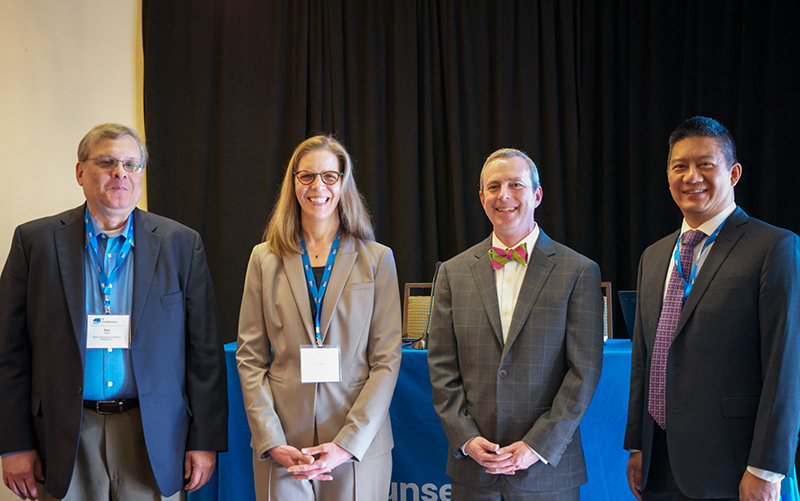This is the third in a series of Bio.News articles looking at the need for pharmacy benefit manager reform through the lens of the patient. Middlemen too often act in ways that pad their bottom line, but this is not simply a narrative about how money is diverted into PBM coffers. Examining the larger story about the ways that patients are left vulnerable is critical in understanding why changes are required.
In general, PBMs are paid based on the price of a medicine, receiving more money when a medicine is priced higher and therefore generates a large rebate. This has created a perverse incentive: PBMs want the list prices of medicines to be as high as possible. That means that negotiated rebates can get larger as the list price increases.
Rather than incentivizing PBMs to seek out medicines with high prices, there is a movement to “delink” price and PBM compensation by providing PBMs a flat fee for those services. That doesn’t mean that PBMs cannot—or should not—still negotiate rebates. It merely removes any benefit that PBMs would accrue by pushing for ever-higher prices.
This effort has been backed in several pieces of legislation considered by committees in both the House and Senate, and “delinkage” is seen as a critical step—perhaps the critical step—in realigning the PBM business model around service. The effort has widespread backing:
- The Congressional Budget Office, in response to congressional questions about delinking, noted that “policies that regulate the practices of PBMs (for instance, by restricting the revenues that PBMs retain or requiring greater transparency with the plan sponsors they contract with) tend to lead to lower premiums.”
- The Federal Trade Commission, too, has viewed with some suspicion the PBM’s tendency to support higher prices, arguing that “inflated drug costs over time also result in higher premiums, both for commercial and Medicare Part D members, as well as higher taxes to support increased Medicare expenditures.”
- Eliminating delinkage has bipartisan support. Sen. Mike Crapo, a Republican, has said the provisions are “a critical first step in ensuring that all supply chain participants seek out the best deals available.” Sen. Ron Wyden, a Democrat, echoed that sentiment: “Instead of fighting for lower prices, this practice has encouraged drug middlemen to favor higher-priced drugs in their negotiations.”
As with most PBM provisions, it’s patients who would see the most immediate benefit from a change in the PBM business model away from a system that rewards PBMs for high list prices, because more and more of the patient cost-sharing is linked to those prices.
In fact, a consortium of cancer, cystic fibrosis, epilepsy, and multiple sclerosis groups penned a letter to members of Congress calling for delinkage as a “much-needed reform.”
“We agree with many of the sentiments expressed in the July mark-up highlighting concerns that the current practices enable PBMs to prioritize more expensive drugs because they often receive a higher rebate or payout for those therapies. This reimbursement structure disincentivizes the use of lower cost biosimilars or generic medications,” the groups wrote.
BIO’s View: Contrary to arguments made by PBMs, the aim of these provisions is not to undermine the ability of PBMs to seek the best possible price, but—rather—to ensure that PBMs can’t profit by encouraging higher prices. Too many patients are exposed to list prices that bear little resemblance to the prices actually paid by the PBM, and one of the first steps in ensuring that the system works more equitably for those patients will be dismantling the link between prices and compensation.




